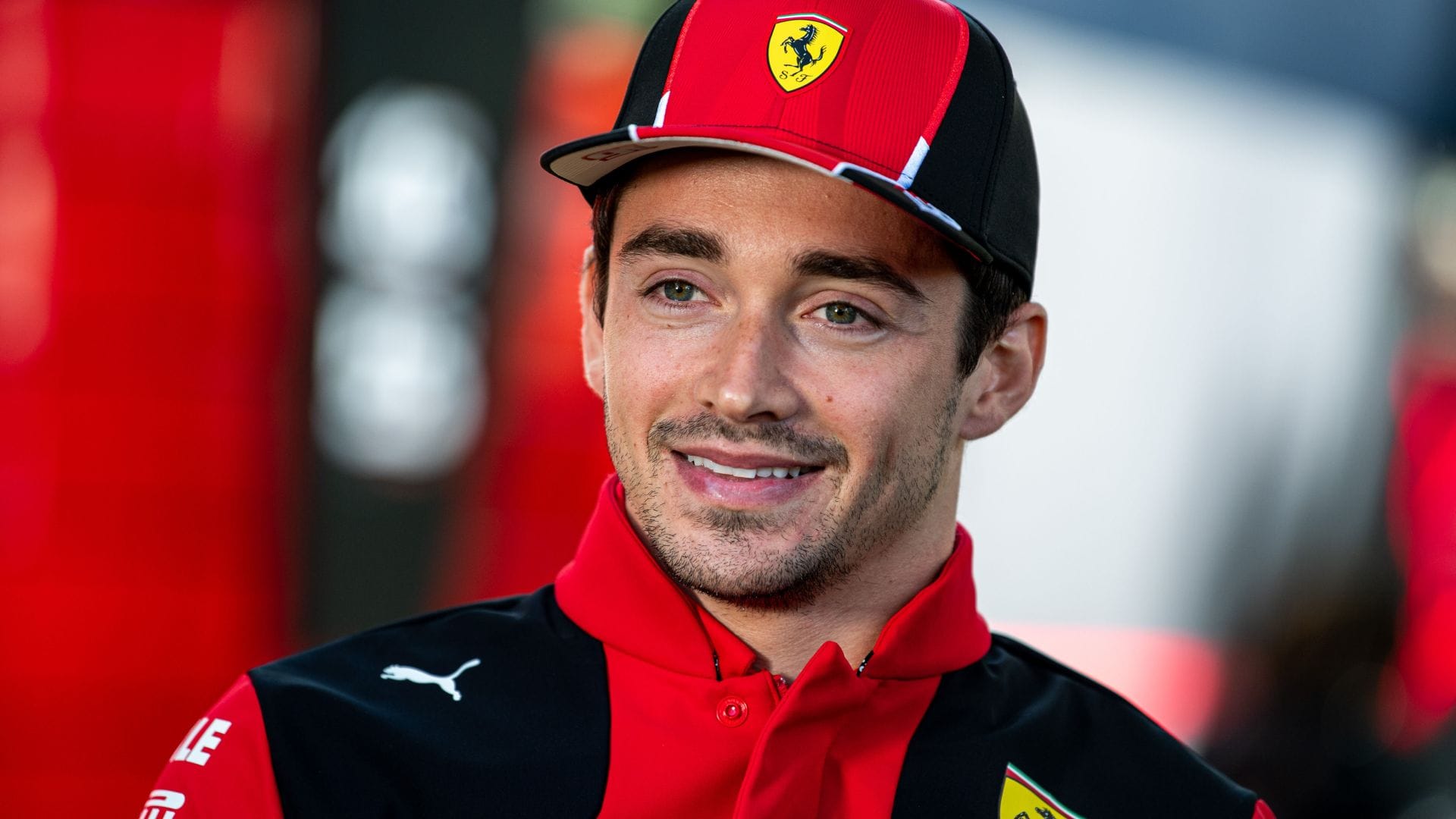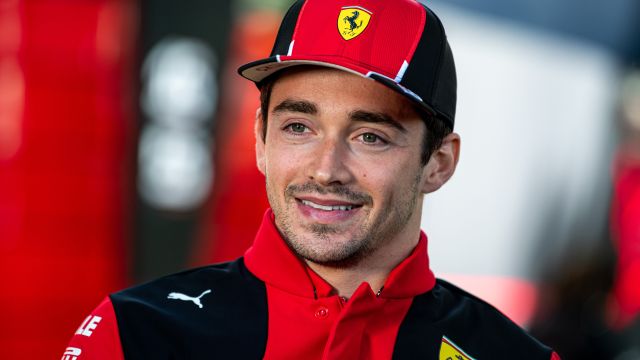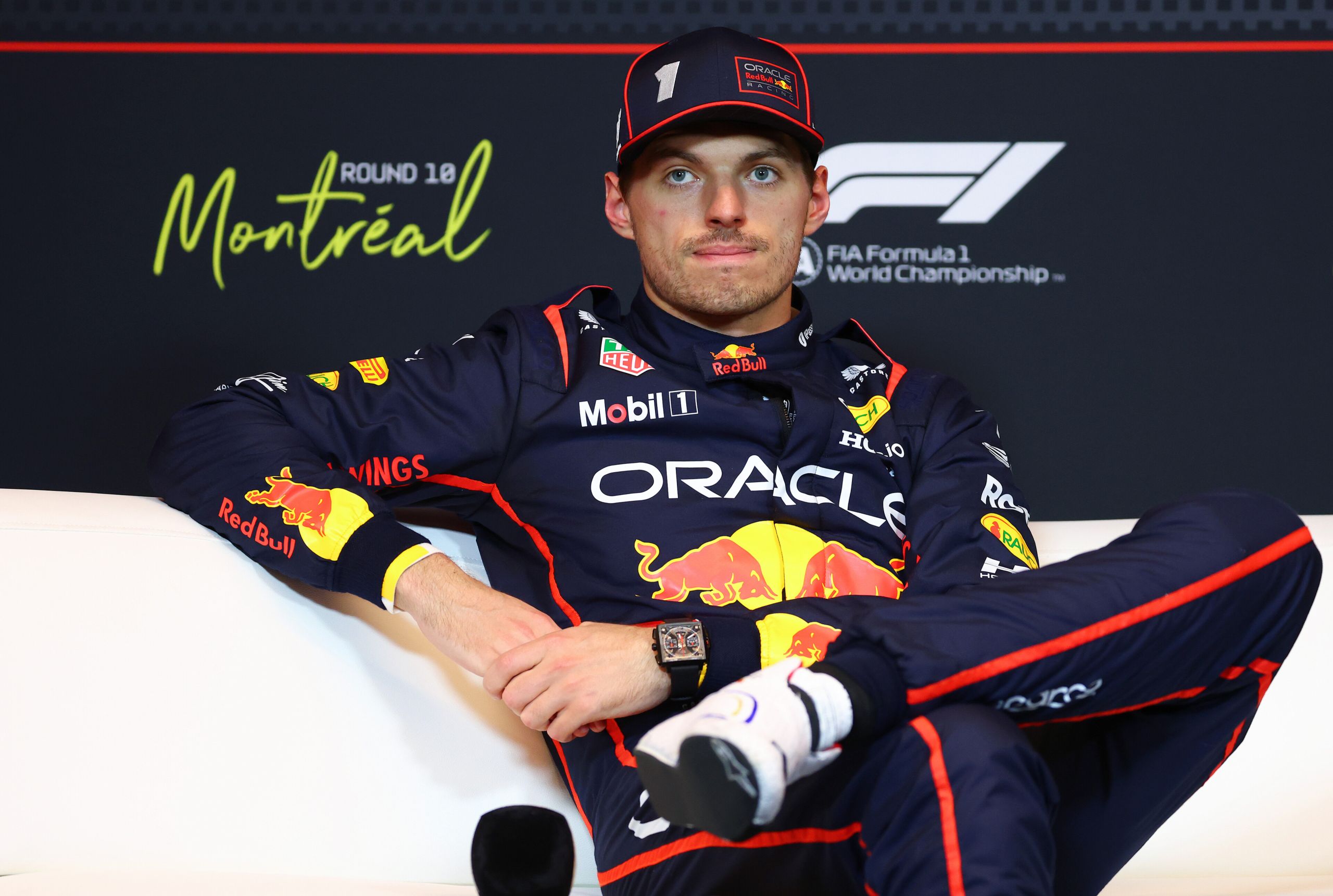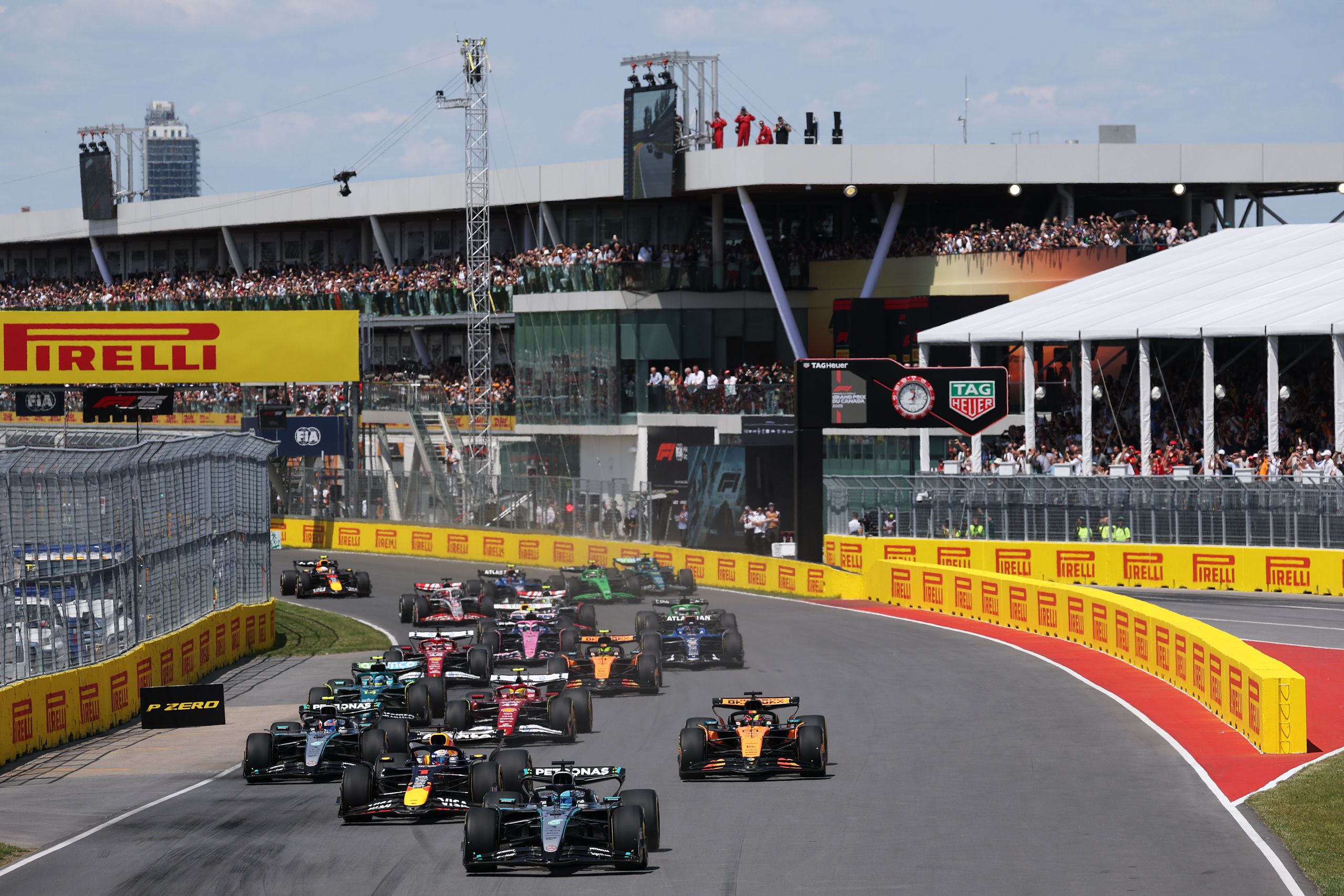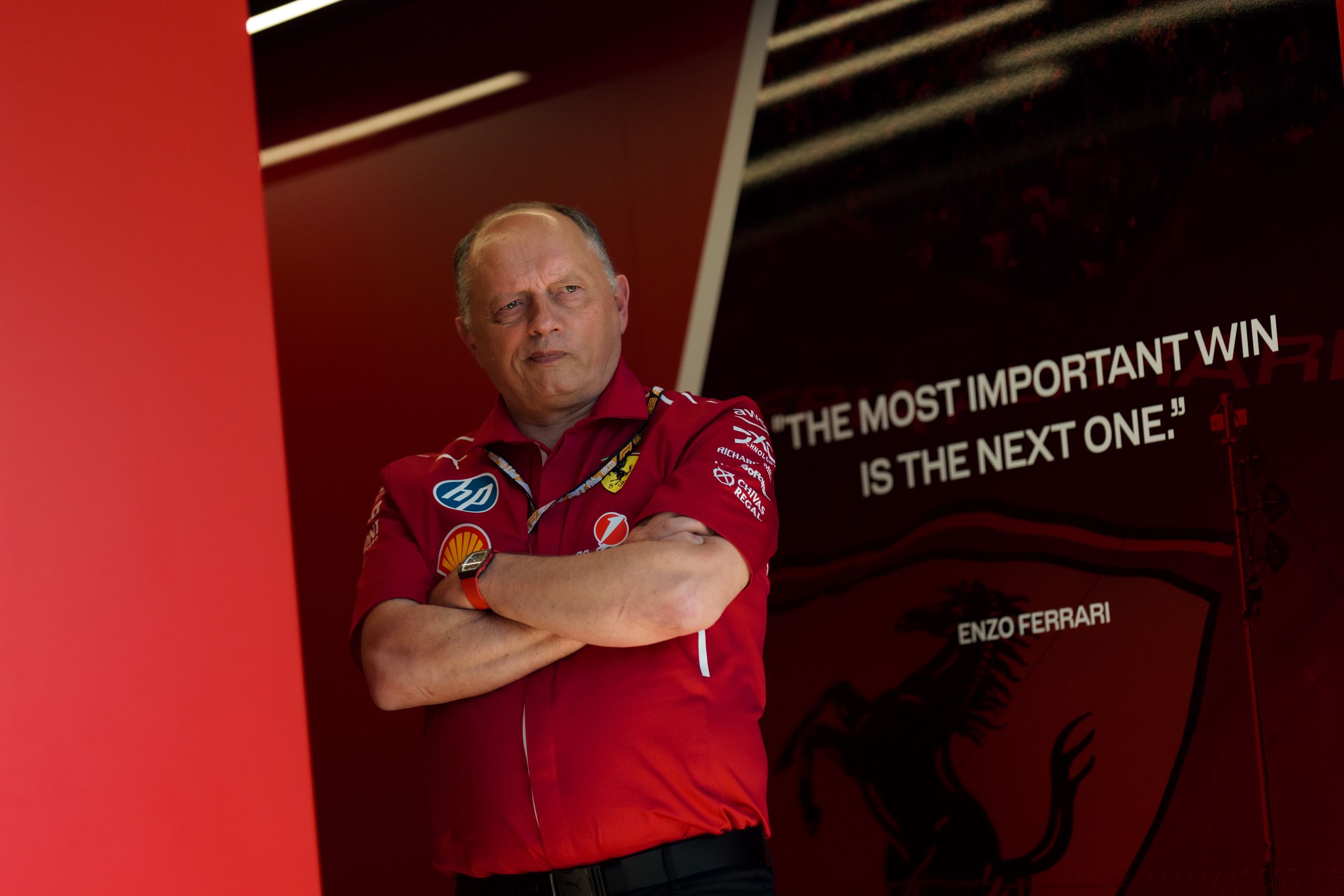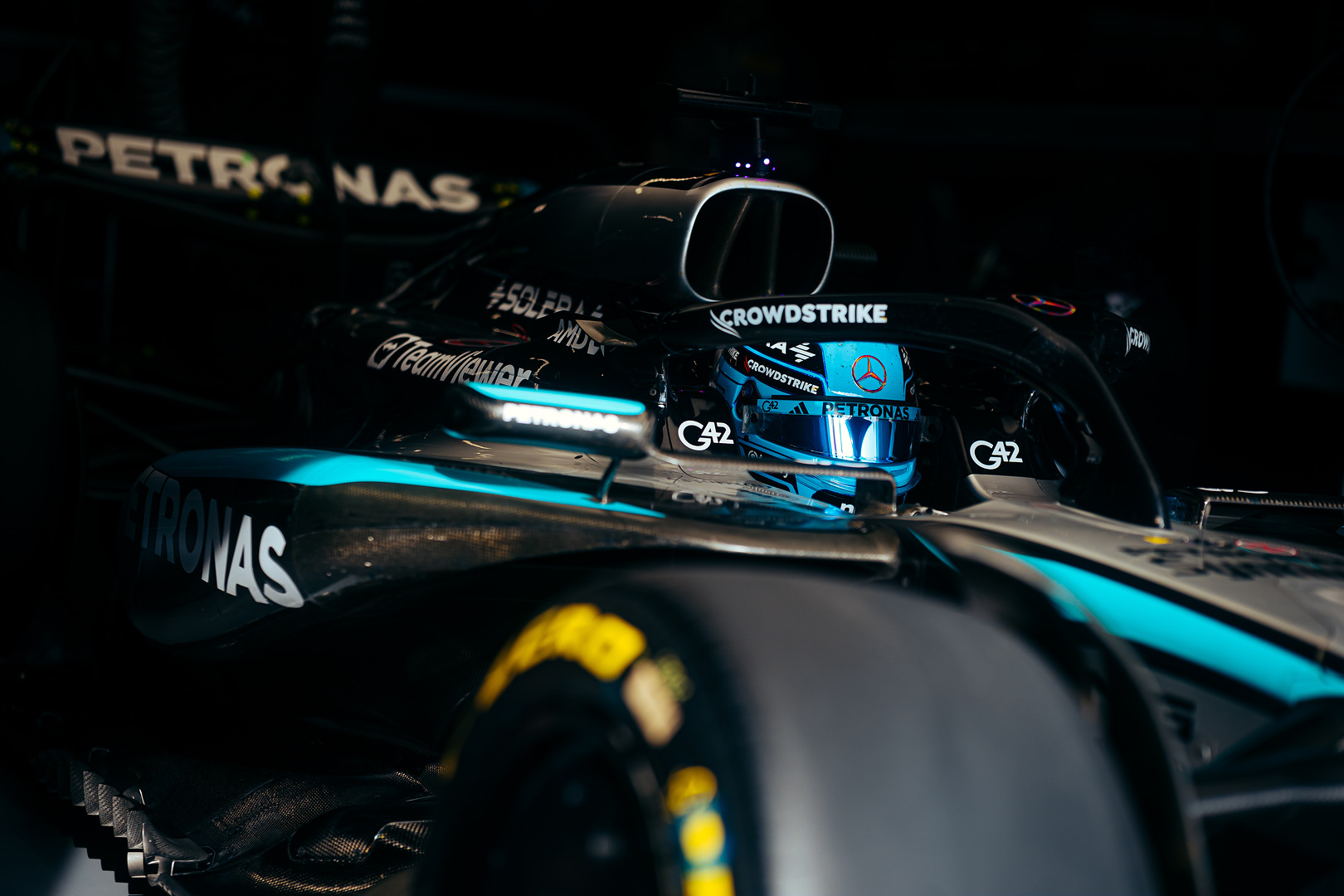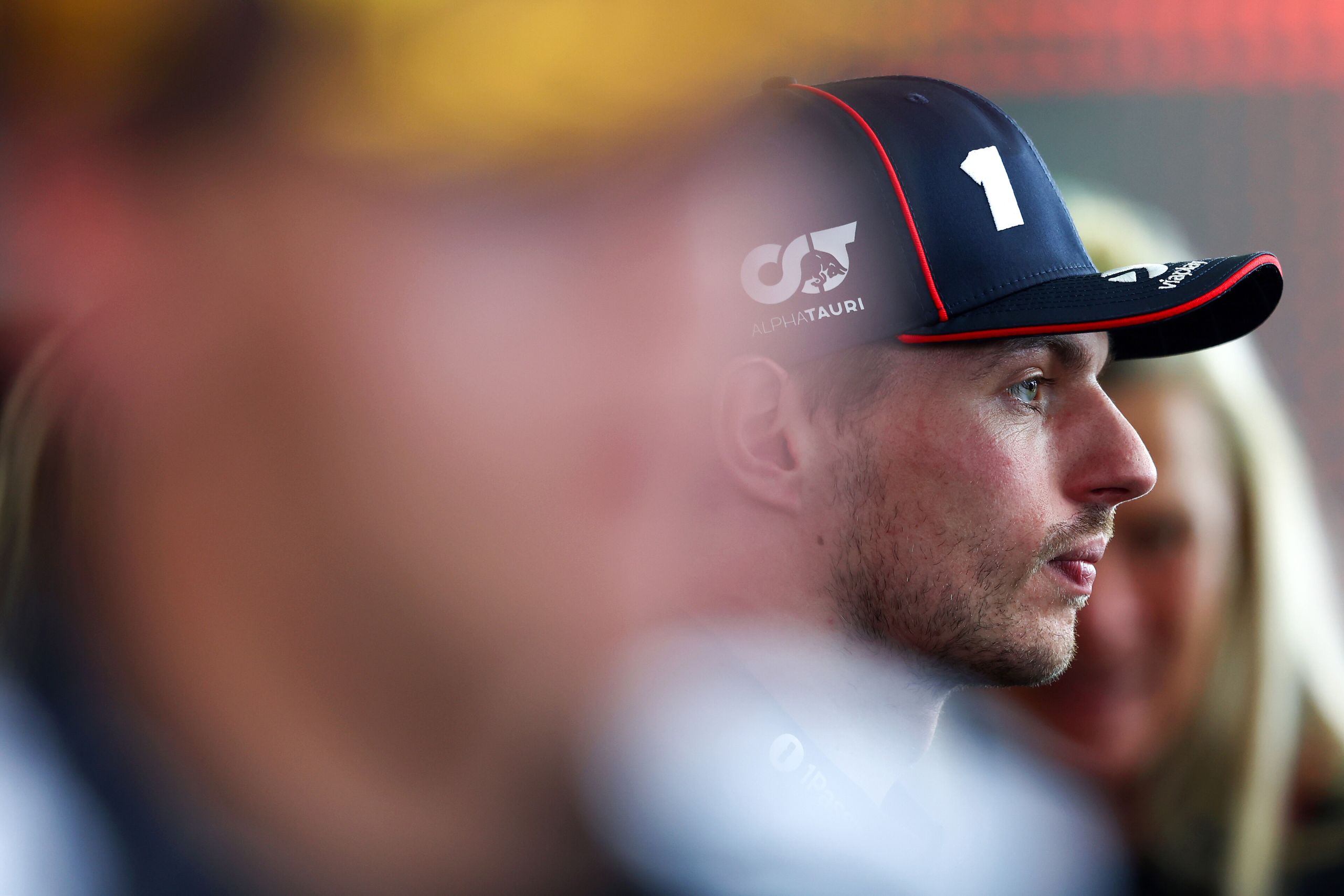Formula 1 is a sport that thrives on competition, skill, and the pursuit of championships. For young and talented drivers like Charles Leclerc, the dream of clinching a World Championship is a driving force. However, as the Monegasque driver continues his journey with Scuderia Ferrari, a growing sentiment within the F1 community suggests that, for the sake of his championship aspirations, Leclerc may need to consider parting ways with the iconic Italian team. In this in-depth analysis, we explore the reasons behind the argument that Charles Leclerc must leave Ferrari to maximize his chances of winning a Formula 1 World Championship.
Ferrari’s Recent Struggles: A Hindrance to Championship Dreams
Over the past few seasons, Ferrari has faced challenges in maintaining the competitive edge that has defined its illustrious history in Formula 1. Technical issues, strategic missteps, and intense competition from rival teams have led to a decline in Ferrari’s championship performance. The team’s struggles are not reflective of Leclerc’s talent but have undoubtedly impacted his quest for a championship.
Leclerc, with his prodigious skill and racing acumen, deserves a car that can match his capabilities. The recent setbacks at Ferrari, including subpar car performance and internal team dynamics, have raised questions about the team’s ability to provide Leclerc with the competitive machinery required to secure a championship. With the latest addition of seven time world champion Lewis Hamilton as his teammate for the 2025 season a competitive obstacle has been put in the way of Leclerc.
Competitive Landscape: The Rise of Other Teams
The landscape of Formula 1 is evolving rapidly, with teams like Mercedes, Red Bull Racing, and McLaren consistently challenging for podiums and championships. While Ferrari remains one of the sport’s giants, the competition has become increasingly fierce. Charles Leclerc finds himself in an era where multiple teams boast competitive packages, making the decision to stay with Ferrari a more complex one.
Red Bull, in particular, has dominated the championship scene in recent years, leaving little room for other teams, including Ferrari, to secure the coveted title. Leclerc, as a young and ambitious driver, may need to explore opportunities with teams that have demonstrated consistent success in the current competitive climate.
Mercedes: A Tempting Proposition
Mercedes’ dominance in Formula 1 has been unparalleled in the turbo-hybrid era, with Lewis Hamilton clinching multiple championships. Joining forces with a team of Mercedes’ caliber could provide Leclerc with the machinery and support needed to compete at the highest level. The allure of being part of a championship-winning team might prompt Charles Leclerc to consider a move away from Ferrari.
Mercedes’ track record of success, combined with their commitment to innovation and performance, could offer Leclerc a more promising platform to realize his championship ambitions.
Red Bull Racing: A Dynamic Alternative for Charles Leclerc
Red Bull Racing has emerged as a dynamic force in Formula 1, with their recent dominance. The team’s commitment to promoting young talent aligns with Charles Leclerc’s status as one of the sport’s rising stars. Joining Red Bull Racing could provide him with a competitive car and a team structure that emphasizes innovation and adaptability.
For Leclerc, a move to Red Bull Racing could represent an opportunity play a pivotal role in their quest for more championships when they switch from Honda to Ford. With the recent apparent unrest between Verstappen and Horner, and the rumours of Verstappen potentially being in the running for the 2025 Mercedes seat, the opportunity to join the dominance of RedBull may be the perfect partnership for Leclerc.
Team Dynamics and Internal Politics: Affecting Performance
Formula 1 teams are not just about the cars; they are intricate organizations with complex team dynamics and internal politics. Ferrari, being one of the most storied teams in the sport, comes with its set of challenges and expectations. The internal dynamics at Ferrari have occasionally been turbulent, with power struggles and controversies impacting team performance.
Leclerc, as a driver seeking the ideal environment to thrive, must evaluate whether the internal dynamics at Ferrari are conducive to his championship aspirations. A move to a team with a more stable and supportive structure might provide him with the psychological comfort necessary to focus entirely on his racing.
Historical Precedents: Drivers Who Switched Teams for Success
Examining historical precedents in Formula 1 reveals instances where drivers switched teams to achieve greater success. One notable example is Lewis Hamilton’s move from McLaren to Mercedes in 2013. This strategic decision resulted in an era of dominance for Hamilton and Mercedes, showcasing how a change of scenery can propel a driver to new heights.
For Charles Leclerc, studying the experiences of drivers who made strategic moves in their careers might provide insights into the potential benefits of exploring opportunities beyond Ferrari.
The Importance of Timing: Career Development and Peak Performance
In Formula 1, timing is often as crucial as skill. Leclerc, at a crucial juncture in his career, must weigh the importance of aligning with a team that allows him to hit his peak performance. Staying with Ferrari may entail waiting for the team to overcome its current challenges, a process that may take several seasons.
Considering the relatively short window of peak performance for an F1 driver, Leclerc might be tempted to seize the opportunity to join a team that can provide him with a competitive car and a realistic chance of championship success sooner rather than later.
Long-Term Career Planning: Considering Legacy and Achievements
Every Formula 1 driver aspires to leave a lasting legacy, marked by championships, iconic moments, and a contribution to the sport’s history. For Charles Leclerc, the decision to leave Ferrari should be aligned with his long-term career planning. While Ferrari has played a pivotal role in the careers of many legendary drivers, Leclerc must evaluate whether it remains the optimal platform for him to etch his name in Formula 1 history.
Considering the potential legacy he could create with a different team, Leclerc may need to contemplate the trajectory of his career and how each decision aligns with his ultimate goals and aspirations.
Fan Perception and Support: Managing Expectations
The Formula 1 community is passionate and vocal, and fans often form strong emotional connections with drivers and their respective teams. Leclerc, as a beloved figure in the sport, must consider how his decision to leave Ferrari would be perceived by fans. While change is a natural part of an athlete’s career, managing fan expectations and garnering support in a new team environment become integral aspects of the decision-making process.
A strategic move to a team with a clear championship trajectory could potentially receive the backing of fans who are eager to see Leclerc succeed at the highest level.
Conclusion: Charting the Course for Championship Glory
In conclusion, the argument that Charles Leclerc must leave Ferrari to win a championship is rooted in a strategic evaluation of his career aspirations, the current competitive landscape of Formula 1, and the challenges faced by the Scuderia. Leclerc, a remarkable talent with immense potential, deserves a platform that maximizes his chances of securing the elusive World Championship.
While Ferrari holds a special place in the hearts of Formula 1 enthusiasts, the sport is inherently dynamic, and success often requires bold decisions. For Charles Leclerc, the journey toward championship glory may involve exploring opportunities beyond the iconic prancing horse. The decision to leave Ferrari, if made, should be approached with careful consideration and a focus on long-term career objectives.
Leclerc’s talents have shone brightly during his time with Ferrari, but the complexities within the team and the external challenges they face have sparked discussions about the potential benefits of a change. Whether he opts to explore opportunities with Mercedes, Red Bull Racing, or another competitive team, the move would be a strategic one aimed at aligning his ambitions with a team capable of delivering championship success.
In the ever-evolving world of Formula 1, the dynamics of team performance can shift rapidly. Drivers must navigate the delicate balance between loyalty to a team that has been instrumental in their career and the pursuit of championship aspirations. As Leclerc contemplates his future, he must weigh the emotional ties to Ferrari against the pragmatic need for a competitive car and a stable team structure.
The precedent set by other successful drivers who switched teams in pursuit of championships demonstrates the potential benefits of such a move. Lewis Hamilton’s transition from McLaren to Mercedes serves as a compelling example of how a strategic change can lead to sustained success and legacy-building achievements.
For Charles Leclerc, the importance of timing cannot be overstated. Formula 1 careers are finite, and drivers often strive to reach their peak performance during a relatively short window. The decision to explore new opportunities could enable Leclerc to align himself with a team poised for immediate success, enhancing his chances of securing the championship at a critical point in his career.
Long-term career planning should also play a pivotal role in Leclerc’s decision-making process. Assessing the legacy he aspires to leave in Formula 1, the achievements he hopes to unlock, and the impact he desires to have on the sport will guide him toward a choice that aligns with his overarching career goals.
Fan perception and support are integral elements to consider. While Formula 1 fans are passionate and dedicated, they also appreciate the strategic decisions drivers make to optimize their chances of success. Leclerc’s decision, if it involves leaving Ferrari, should be communicated transparently, emphasizing the pursuit of championship glory and the desire to contribute to the sport’s history.
In the end, the argument for Charles Leclerc to leave Ferrari is not a critique of his current team but rather a strategic perspective on how to best position himself for championship success. Ferrari’s historical significance and the emotional connection between the team and its fans are undeniable, but the ever-changing landscape of Formula 1 necessitates a thorough evaluation of available opportunities.
As Charles Leclerc contemplates the path ahead, the Formula 1 community watches with anticipation, curious about the decisions that will shape the next chapter of his remarkable career. Whether he stays with Ferrari or explores new horizons, the Monegasque driver’s journey continues to captivate fans, and the pursuit of championship glory remains at the forefront of his aspirations.

